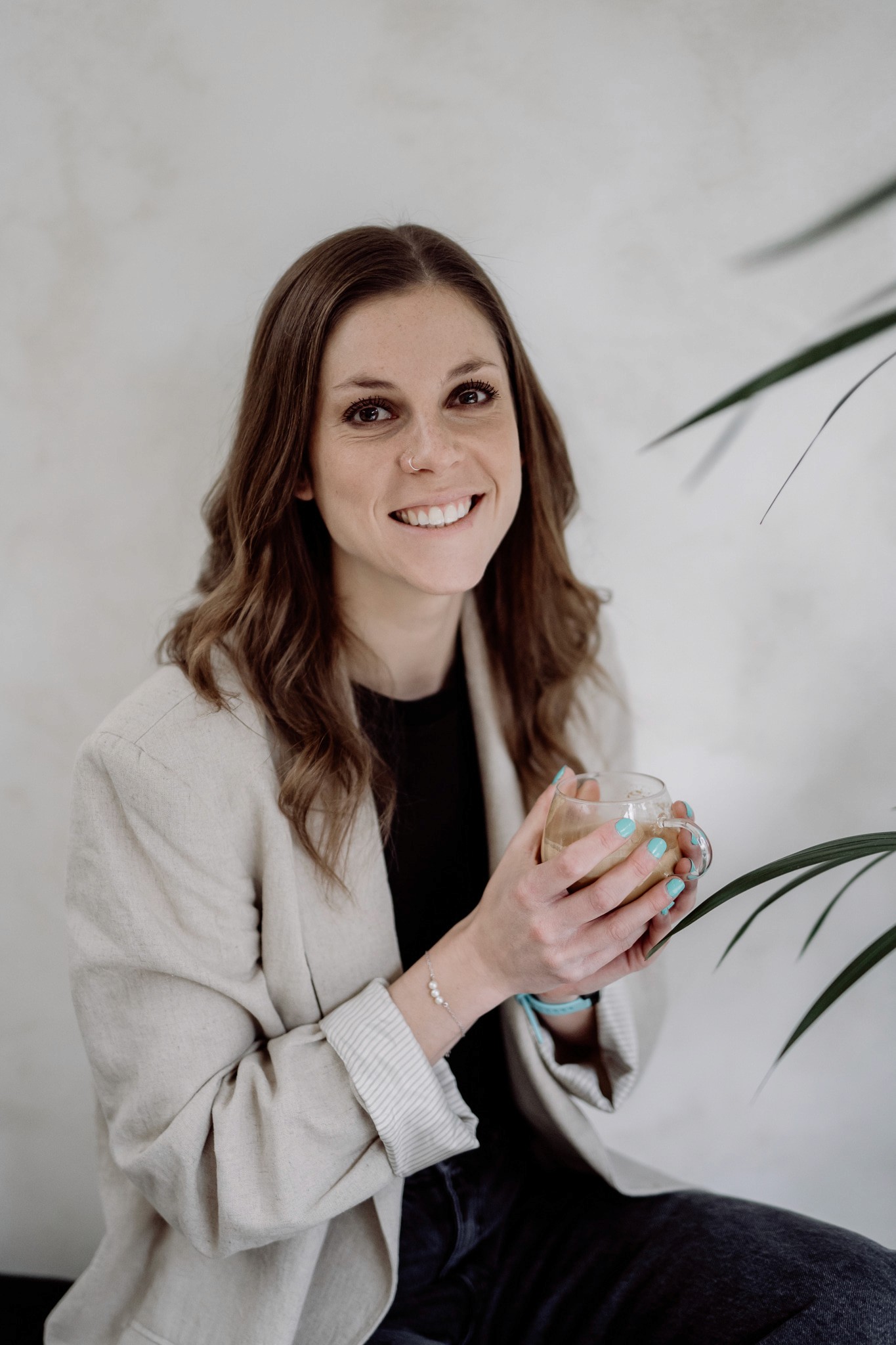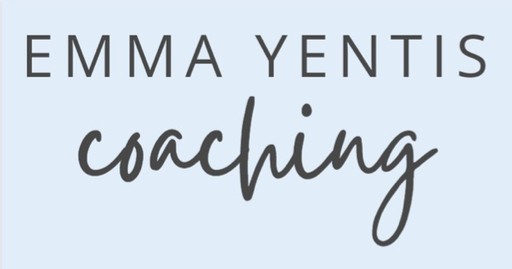Tips for New Teachers

Becoming a teacher will be the most rewarding job you’ll do. It really an incredible adventure with developing relationships with young people and their families, growing in confidence as a person and learning to multitask like never before!
But with that, comes many challenges. When embarking on your new career as a teacher, there seems like a million and one things to do and just not enough time to do it in. You will be tired, you will be stressed and it will sometimes feel really hard.
So, what can you do to make sure you can be the best teacher you can be?
As a teacher for a decade, there are many valuable lessons I’ve learnt.
I’ve put together some tips for you. I hope they help!
Ask questions & ask for help
If you don’t know something, do not be afraid to ask. Everyone there has been a new teacher before, they have all been in your position. As a mentor for teachers, I would encourage my trainee teachers to ask questions and offer their own experiences too. And if you need to, ask for help – use the people around you who are experienced to ask for advice and support. If you don’t ask, you don’t get!
Take feedback positively
Ah, the dreaded lesson observation! Honestly, the more you do them, the less nervous you will be. But it is so important to remember that your mentor isn’t trying to catch you out. They are trying to see that you are ticking the exemplification for being a good teacher. Take their feedback and constructive criticism as a learning curve. Use one or two things they feedback to you and work on those next time. Don’t try and do everything all at once!
Think about what you want your students to learn.
This might sound silly but what I mean is, be specific. What do you actually want your students to learn in your lesson? Is it to use something like a graph or is it to compare the past and present through sources? Be specific with the learning intention. It’s all very well having a lovely lesson planned, but what are you expecting your students to have done and learnt during that lesson? Once you have a clearer idea of your learning objective/intention, you are able to structure your lesson as you have a reference point.
Be early
Learn to like mornings! You really want to avoid getting to school with only 10/15 minutes before the students come in. Get yourself set up, get your classroom prepared and be ready for the day ahead. The school day goes at 150 miles per hour so set your standard early doors. Lay out your resources on a table or surface for the whole day - this way you don’t have to be frantically preparing the next lesson’s resources.
Write lists and always carry a pen with you!
Lists - my favourite things in the world! I have lists all over my desk, laptop and diary. I would recommend a weekly notepad.
It sits on my keyboard on my desk so I can see exactly what I need to be doing and when. I would also suggest having post its and a pen with you at all times! This is especially convenient when a parent might talk to you about something at the beginning of the day and you will most probably forget by break time if you haven’t written it down.
Make an effort to have good relationships with parents
They are your most important audience! One of the most valuable things I learnt in my early days of teaching was how important it is to make connections and rapports with the parents of your students. Even if you don’t get to see them every day, write notes to them, let them feel important and let them know how their child is getting on. Be transparent with your parents whilst still remaining professional. They want to hear the truth about their child so if you are honest with them, it will be so much easier to work together for the sake of the students.
Get to know your kids
Your students are the ones you will spend your every day with. They have interests, they have skills and talents and they are all unique. Find out what makes them special and use that in your lesson planning. Use the children’s names in maths word problems, plan a geography map lesson based on your student’s favourite pirate book and use pictures of them on your worksheets. Make their day at school personal and special to them. The parents will know that you’ve made an effort to get to know their children because an excited student will go home and tell them!
Go for a walk/break at lunch every day – 10 minutes is all you need
I know – you’re probably thinking but I don’t have time?! You do. Get yourself out of that classroom for 10 minutes at lunch every day. You don’t realise how important those 10 minutes will be for you. It is unhealthy to sit in the same room every single day with no break.
Your modelling is key.
Your students will be watching your every move. Your attitude, your mood and your work. They look up to you and will copy you. If you are in a stressed or angry mood, they will pick up on it. Teaching is like a performance – the second those children come into your classroom, you are on a stage. Put aside your personal life and concentrate on being present with the students in your class. Dress professionally, look smart and encourage your students to do the same.
Similarly, with modelling work. Think about your handwriting and the way you write your letters and numbers. If you are writing the word ‘the’ for example and the letter h is the same height as the letter t, your students will copy. It sounds pedantic but it’s the tiny little things we have to model correctly, so our students carry on their life in education with the highest of expectations.
Don’t take work home unless you absolutely have to.
As a teacher, whether you are in your first year or your 35th year, there is always an abundance of work. It is so important to have clear boundaries so that you can walk away from your work day and have the mental capacity to relax. Unless you absolutely have to, try and get your work done at school. If you don’t manage to finish marking your books before the next day, what is the worst that is going to happen? It’s not because you don’t care, it is because your self care is as important as your students.
A marking tip for you – carry your marking pen with you all the time and walk round the classroom when your students are working. This means you can active mark as you walk round and will reduce the amount of marking you will need to do at the end of a lesson!
Give yourself a limit on the time you will spend on making resources.
Your lesson materials do not have to be perfect. I used to spend hours and hours laminating and cutting resources but you really don’t have to. There are hundreds of places online or at your school where you can access amazing resources where a lot of the hard work has been done for you.
Have fun and love the adventure!
Yes, it’s hard, yes, its stressful and yes, there is no time for a social life during the week but you will absolutely love so much of what teaching brings to you. Children and young people can be hilarious. Laugh at their jokes, be their biggest cheerleader and let them laugh at you too. There is no feeling quite like looking at the progress your students have made BECAUSE OF YOU. I used to think I was the luckiest person in the world to be able to say ‘I absolutely love my job’.
Be that person and love your job as a teacher!
5th June 2024
2024 © Emma Yentis, All Rights Reserved
